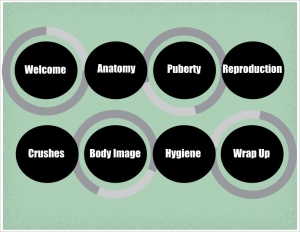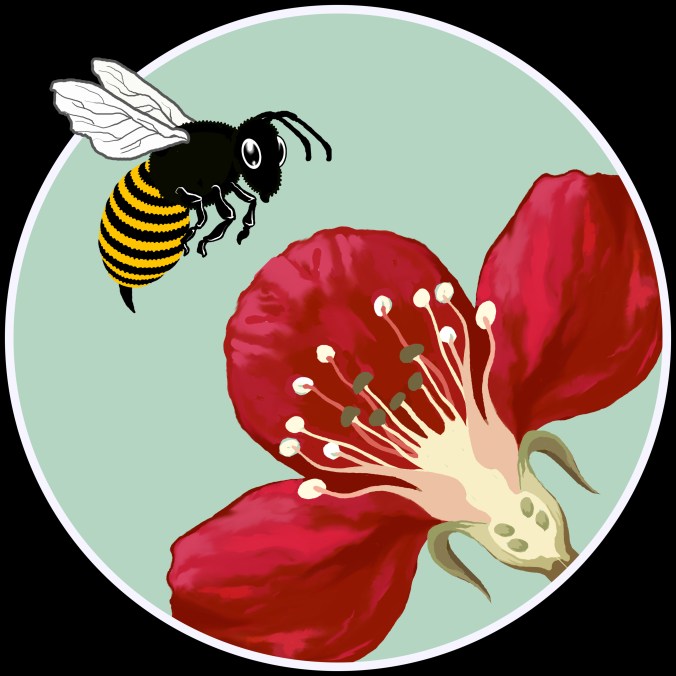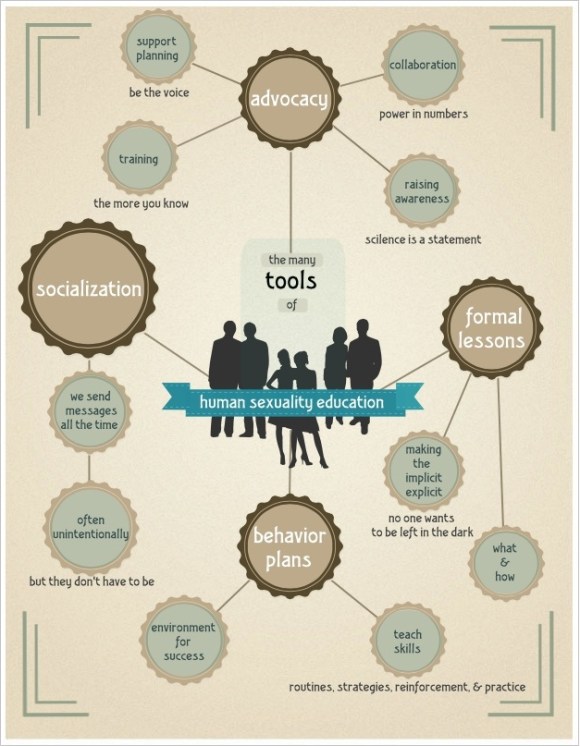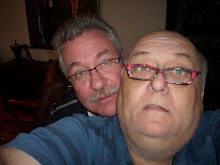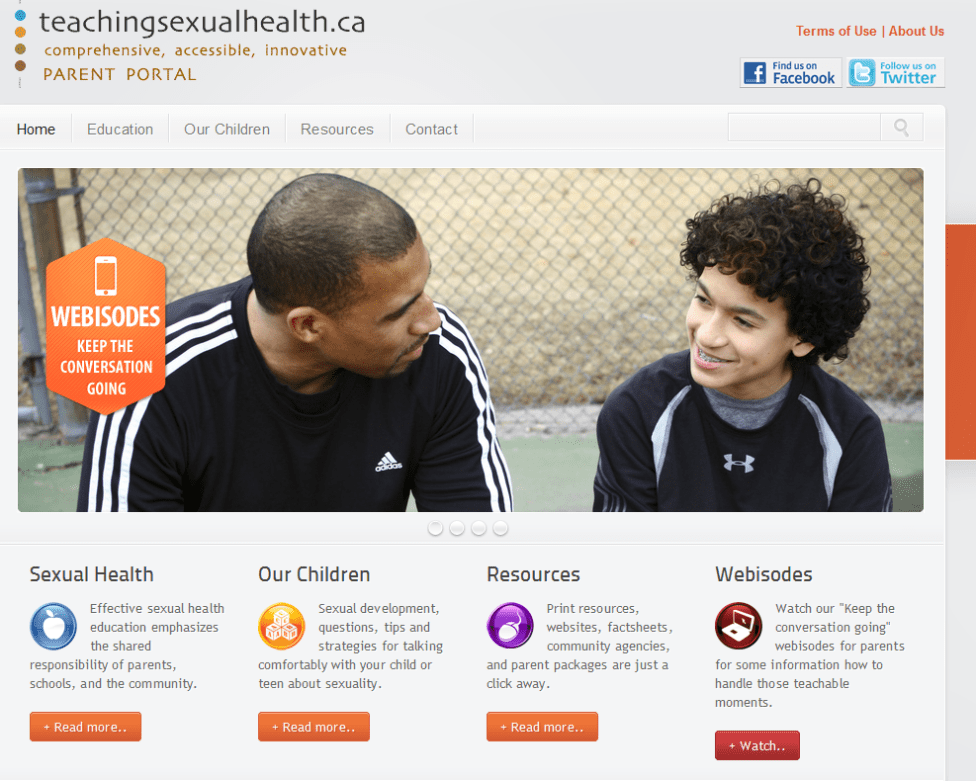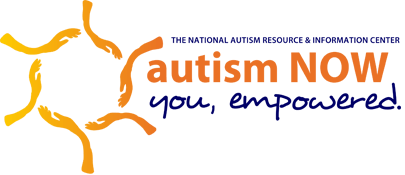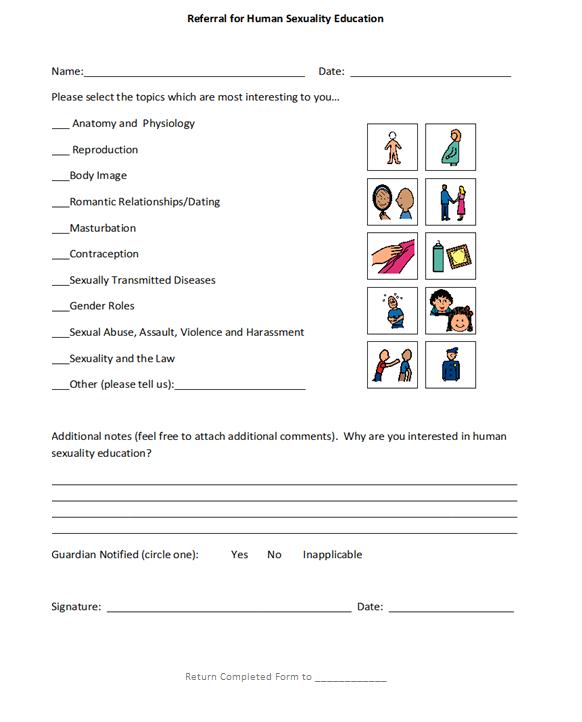I had the honor of presenting at the Champaign-Urbana Autism Conference where Temple Grandin was the key note speaker. So much of her message could be applied to human sexuality instruction.
- Don’t yell “no!” Calmly tell people what they should be doing. (Dr. Grandin was talking about putting her finger in her water cup at the dinner table, but the same rule applies to masturbation).
- Give lots and lots of examples of what falls within a category and it will eventually build up the concept you are working on. (Dr. Grandin was talking about understanding church steeples but the same strategy can be used to understand body parts).
- Once you have a concept down use that concept to expand. (Dr. Grandin was talking about airplanes, but the same principle applies to privacy – one you get private body parts down you can use the concept of privacy to understand places and ideas).
- And from Eustacia Cutler (Dr. Grandin’s mother), “The more we understand how autism [and sexuality] works the less anxious we become.” And sexuality added.
I focused on goals for sexuality instruction across the lifespan (exploring, understanding boundaries, coping with changes, and living your story) as well as modalities for instruction (socialization, formal lessons, behavior planning, and advocacy). You can find my presentation here.
